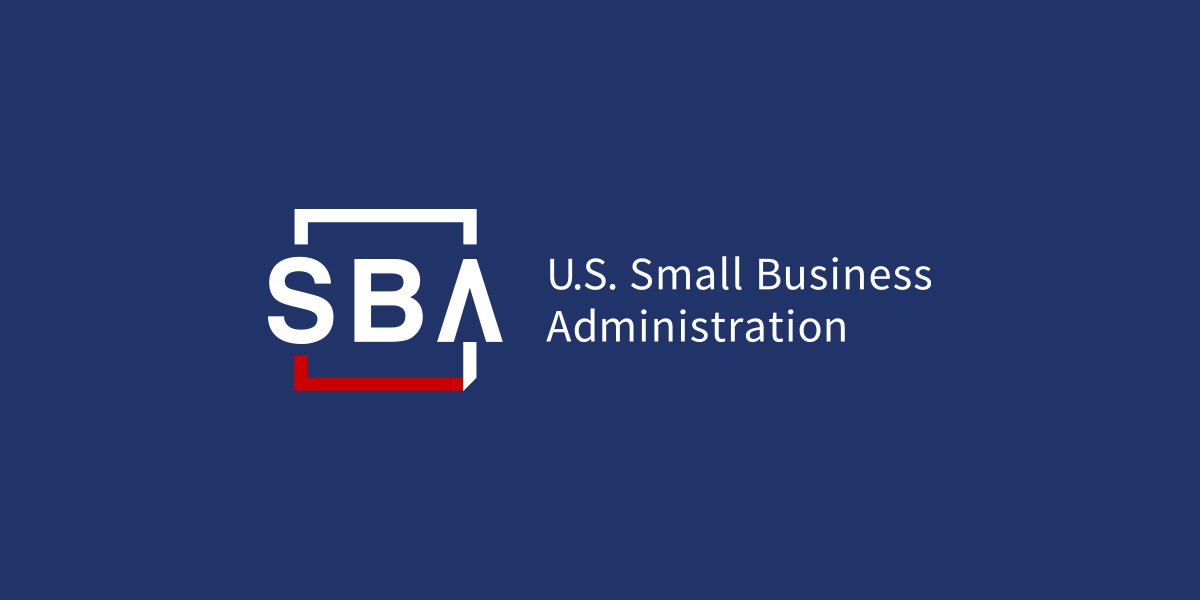- Joined
- Dec 27, 2011
- Messages
- 34
- Reaction score
- 21
And I feel like a huge idiot for doing so. I graduated 10 years ago and my workplace qualified for PSLF, but at the time didn't know much about it and didn't trust the program. I paid off 175k in 5 years, now paying 5k/month on my wife's student loans we recently refinanced with Sofi so no 0% interest. Add in that most of my younger, recent grad co-workers are doing PSLF, and talk it about it all the time, I am feeling extremely bitter at the moment. Anybody else regretting actually paying your bills with the new developments lately?


 :: that probably won’t be the fault of student loans, either
:: that probably won’t be the fault of student loans, either